St. Michael’s CE High School




Welcome and Overview
Mrs R Rongong (Headteacher)

Effective English Revision
Mrs M Magdi (Curriculum Leader for English)
Using Technology for Revision
Miss L O’Malley (Leader in Learning)
Effective Revision Strategies
Mr K Tierney (Deputy Headteacher)
Working in Partnership
Mrs R Rackstraw (Year 11 Pupil Manager)

Our motto is ‘Therefore choose [life]’ from Deuteronomy.
We understand this to mean growing in body, mind and spirit, so that all who learn and work here may flourish, experiencing the joy and hope of ‘Life in all its fullness’.
This is further explained in our Mission Statement, ‘
As a vibrant learning community we
choose to serve God, pursue excellence and celebrate the uniqueness of each individual.’
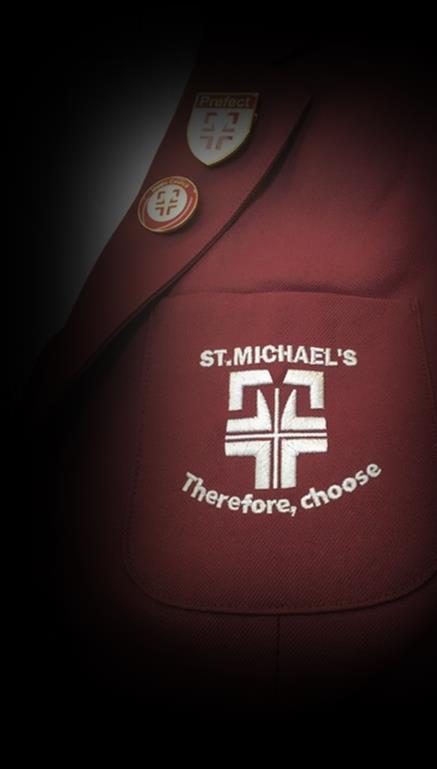

• Parents/ carers
• Tutors
• Teacher
• Wellbeing staff
• Simon
• Support staff
• Friends


Welcome and Overview
Mrs R Rongong (Headteacher)

Effective English Revision
Mrs M Magdi (Curriculum Leader for English)
Using Technology for Revision
Miss L O’Malley (Leader in Learning)
Effective Revision Strategies
Mr K Tierney (Deputy Headteacher)
Working in Partnership
Mrs R Rackstraw (Year 11 Pupil Manager)



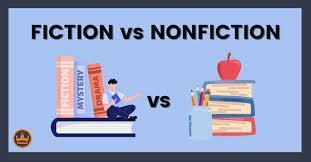

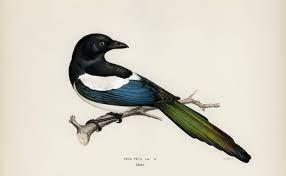
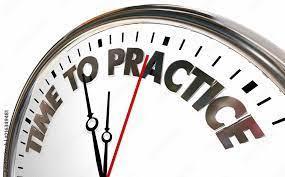



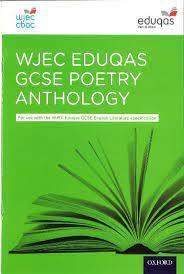
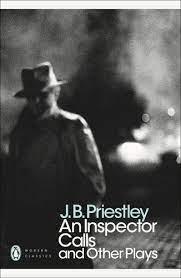
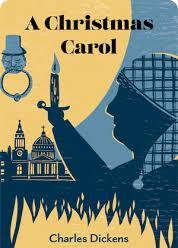
Component 1 (2 hrs): Shakespeare's Macbeth and the Poetry Anthology


Component 2 (2.5 hrs):
An Inspector Calls (Priestley); A Christmas Carol (Dickens); Unseen Poetry

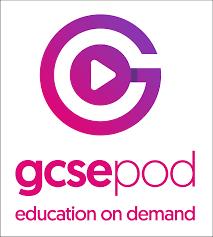

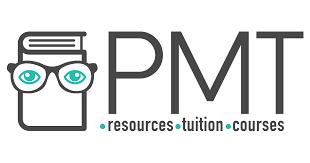
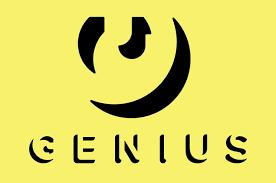

Welcome and Overview
Mrs R Rongong (Headteacher)

Effective English Revision
Mrs M Magdi (Curriculum Leader for English)
Using Technology for Revision
Miss L O’Malley (Leader in Learning)
Effective Revision Strategies
Mr K Tierney (Deputy Headteacher)
Working in Partnership
Mrs R Rackstraw (Year 11 Pupil Manager)

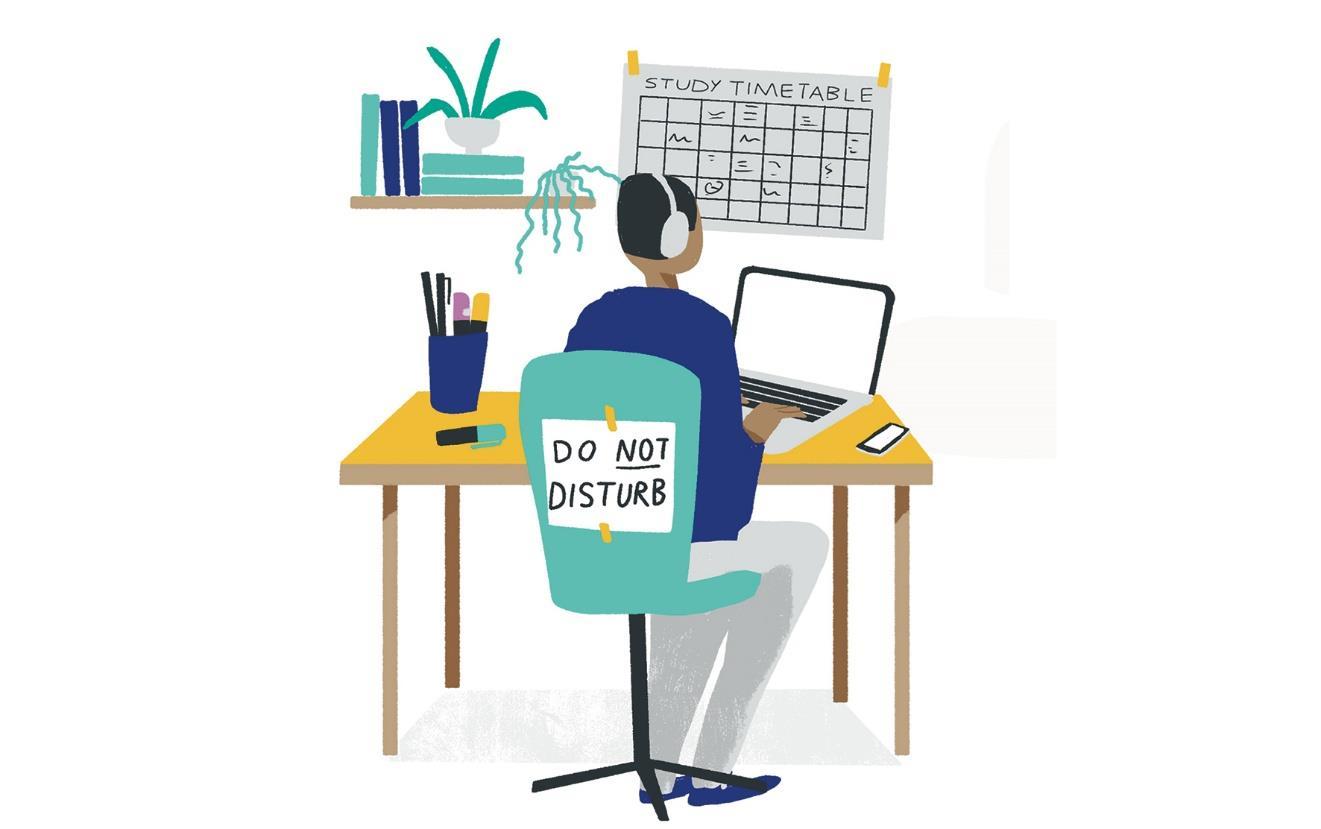





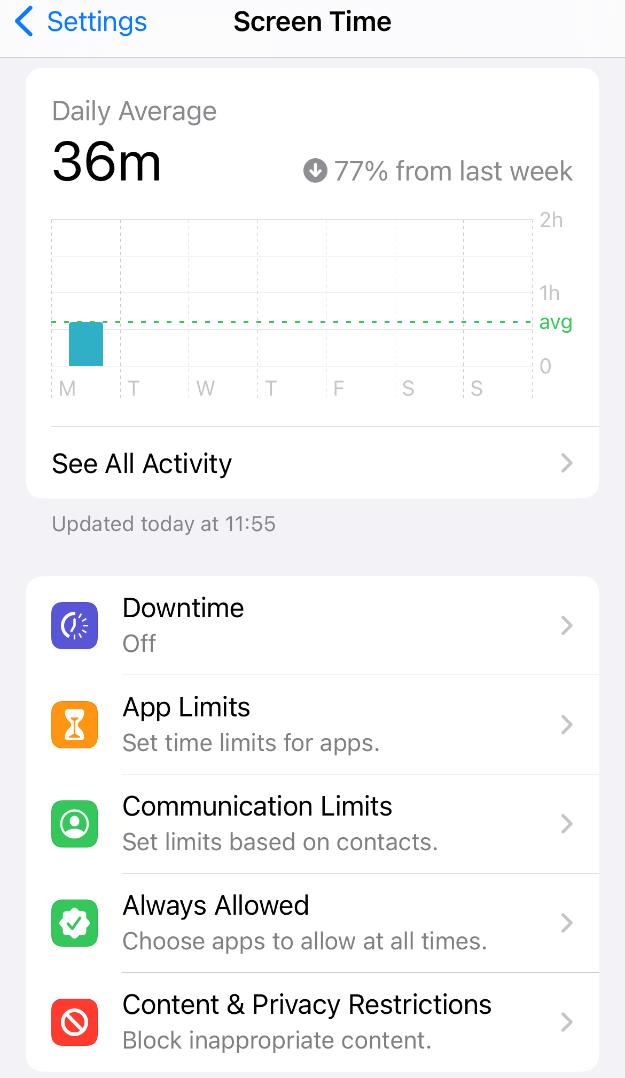
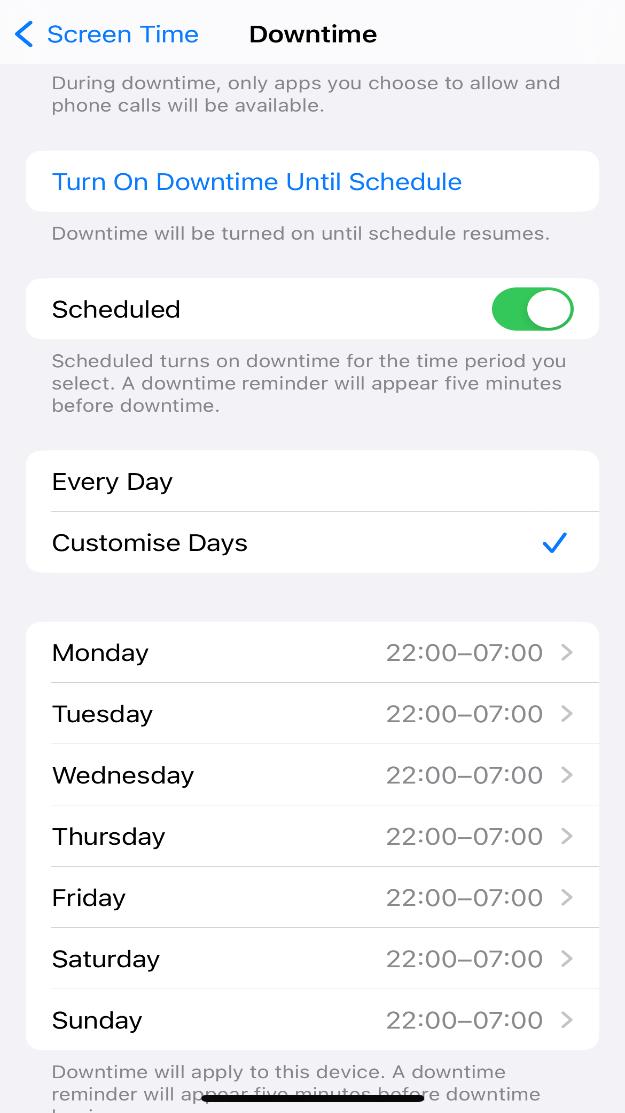
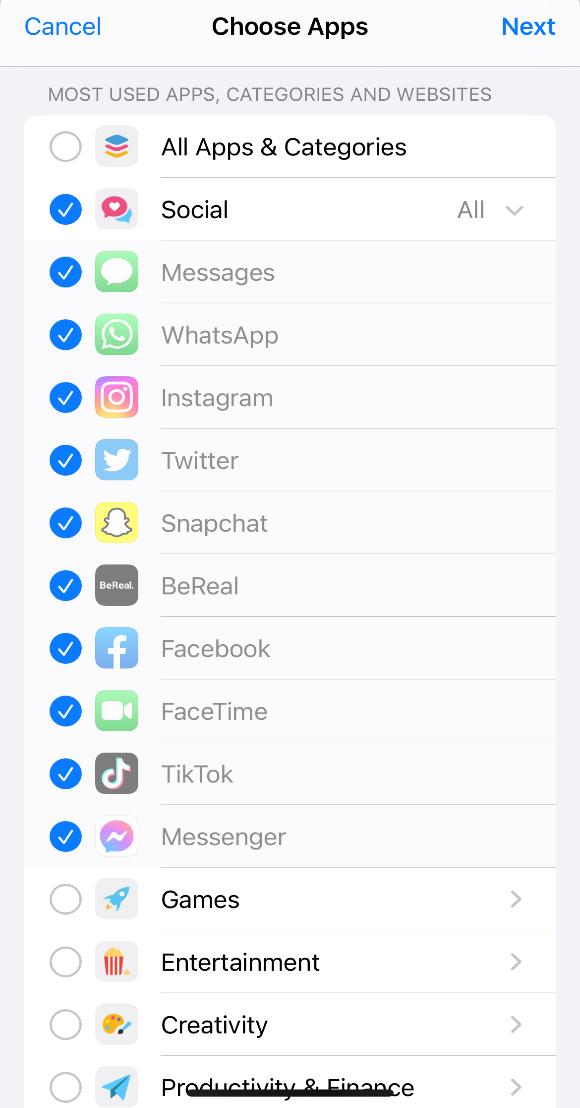
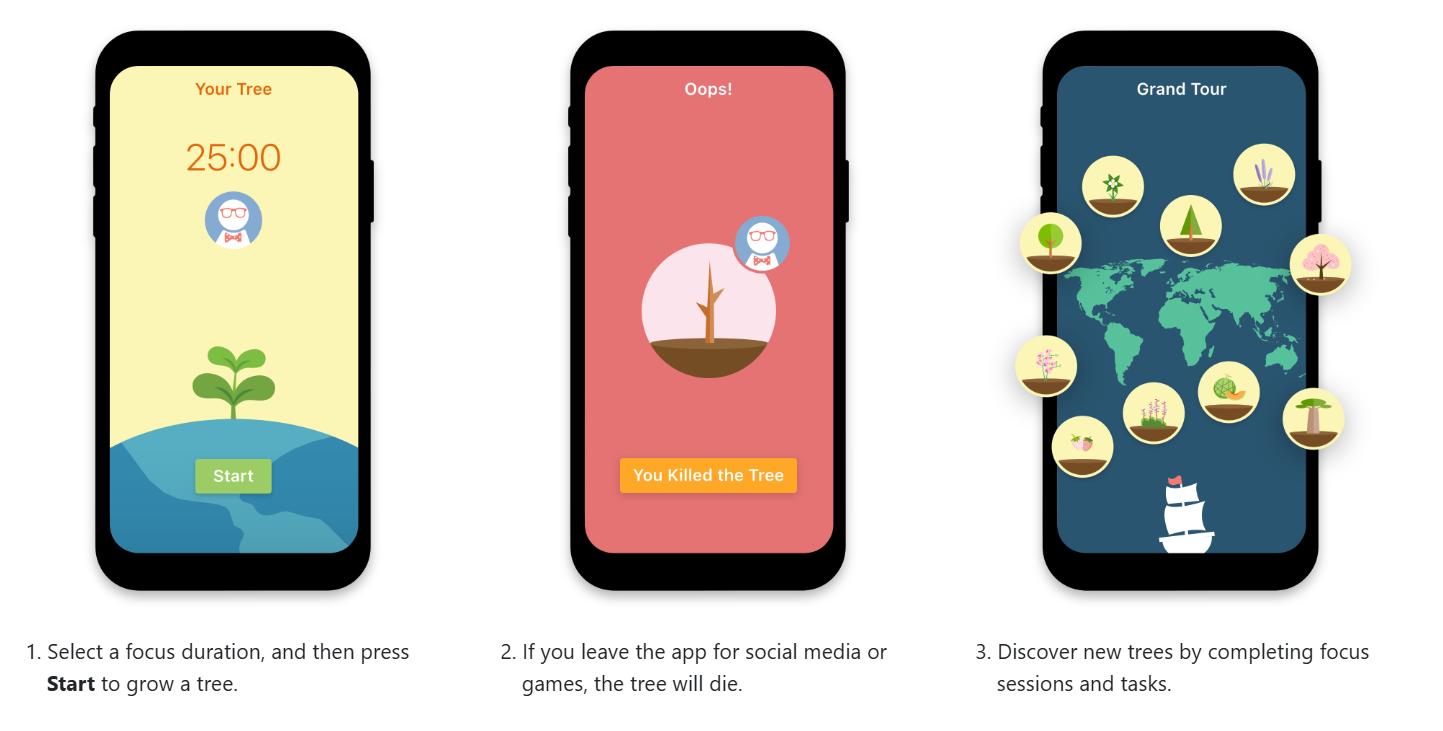

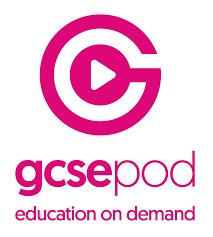
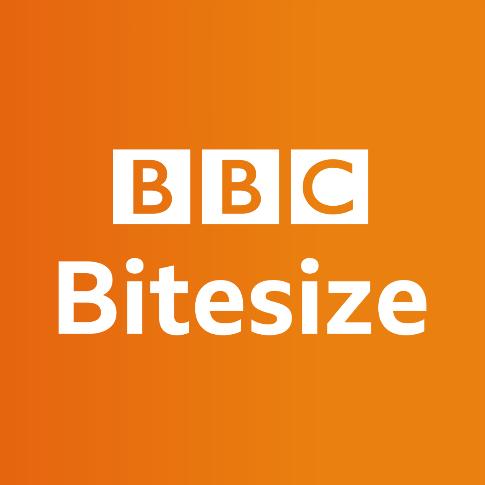






Welcome and Overview
Mrs R Rongong (Headteacher)

Effective English Revision
Mrs M Magdi (Curriculum Leader for English)
Using Technology for Revision
Miss L O’Malley (Leader in Learning)
Effective Revision Strategies
Mr K Tierney (Deputy Headteacher)
Working in Partnership
Mrs R Rackstraw (Year 11 Pupil Manager)


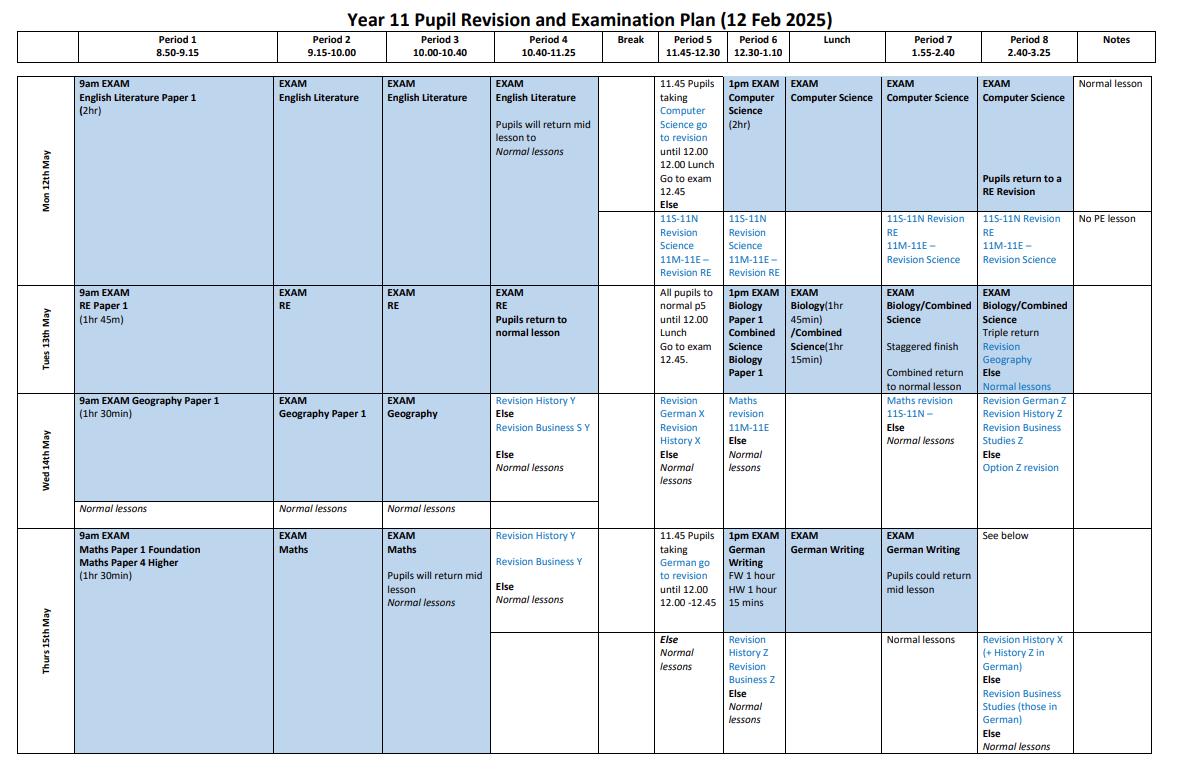

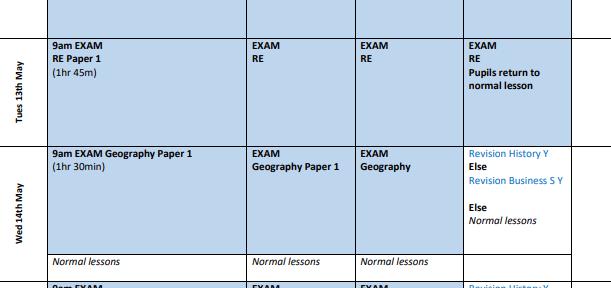

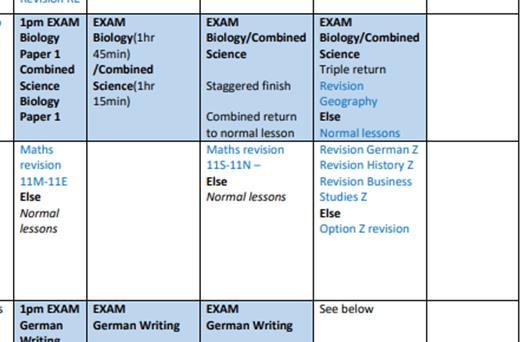

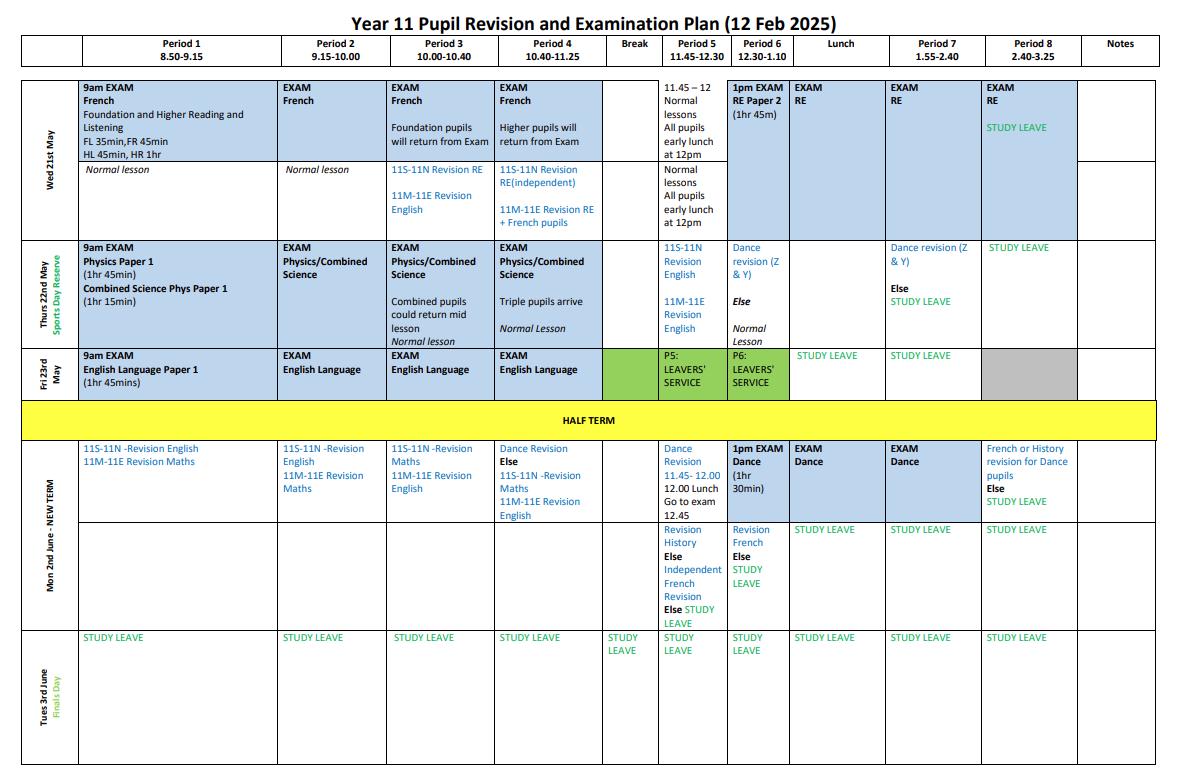

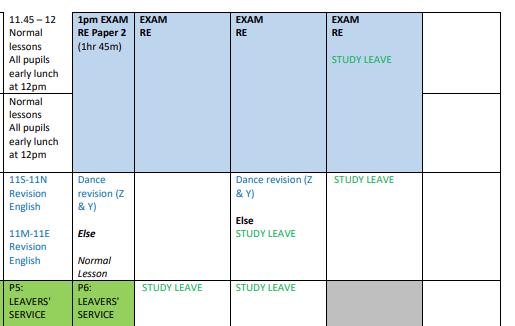

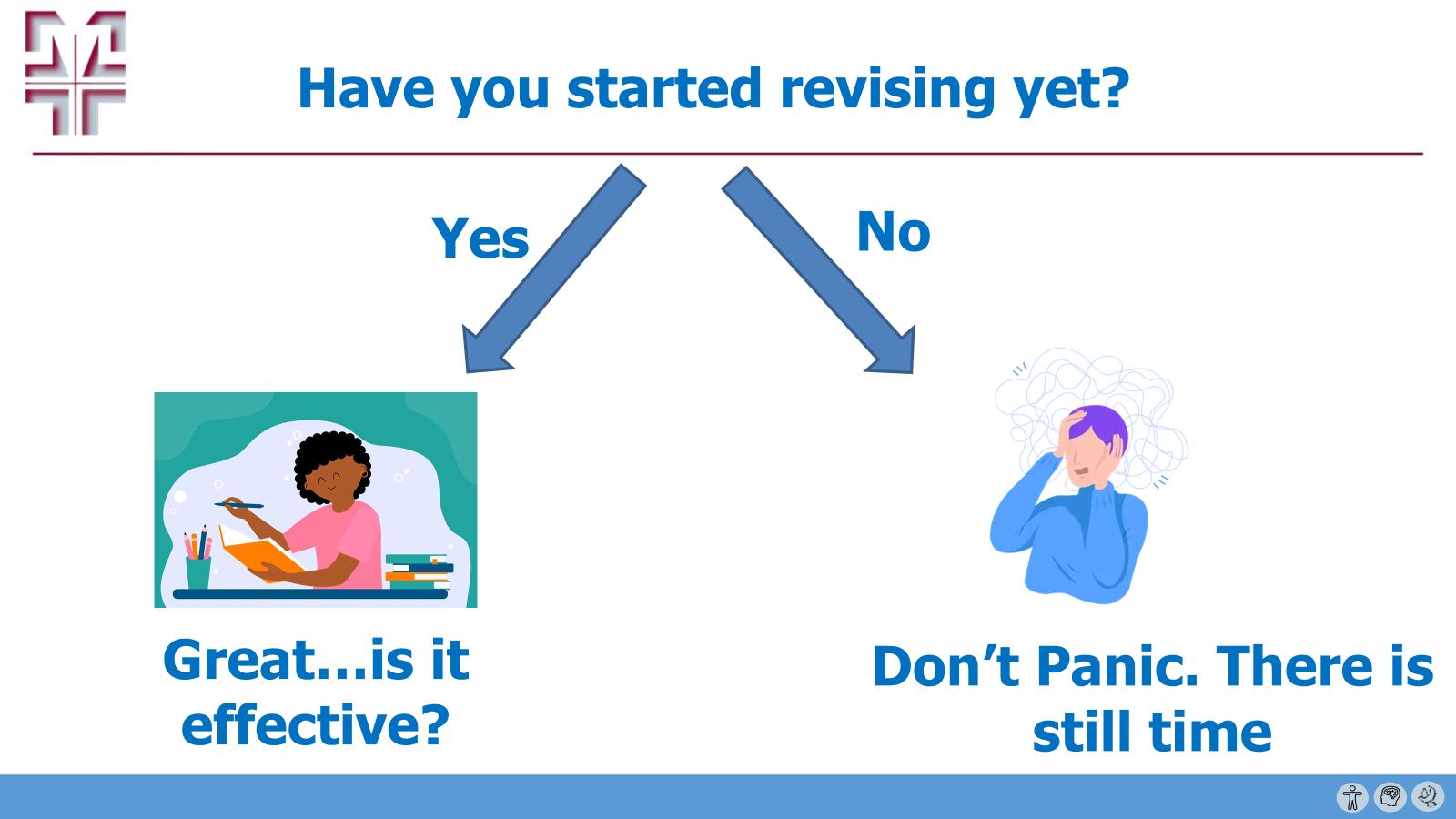

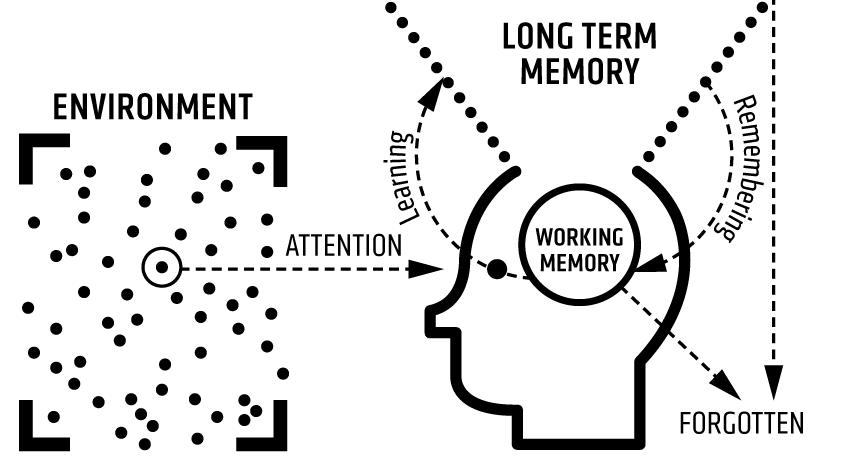



















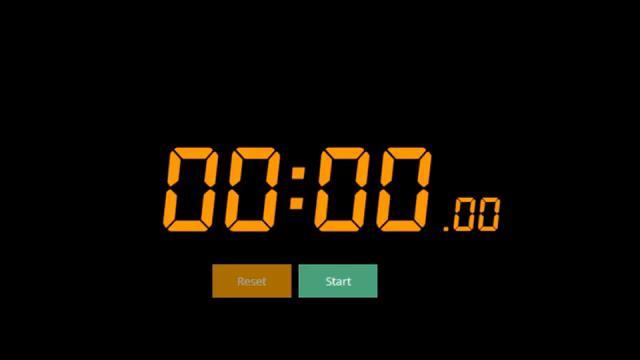


E.g. 1A – 2B – 3C etc


Selectively focus on
Plan your revision out in 30 minute blocks Find a quiet space









Read the following letters once. I will then remove the list and see how many letters you can remember in order

Read the following letters once. I will then remove the list and see how many letters you can remember in order



Read the following letters once. I will then remove the list and see how many letters you can remember




Background knowledge is important
Prioritise!
Break complex or long tasks down into small parts
Make links to what you already know
Use repetition and ‘say it out loud’








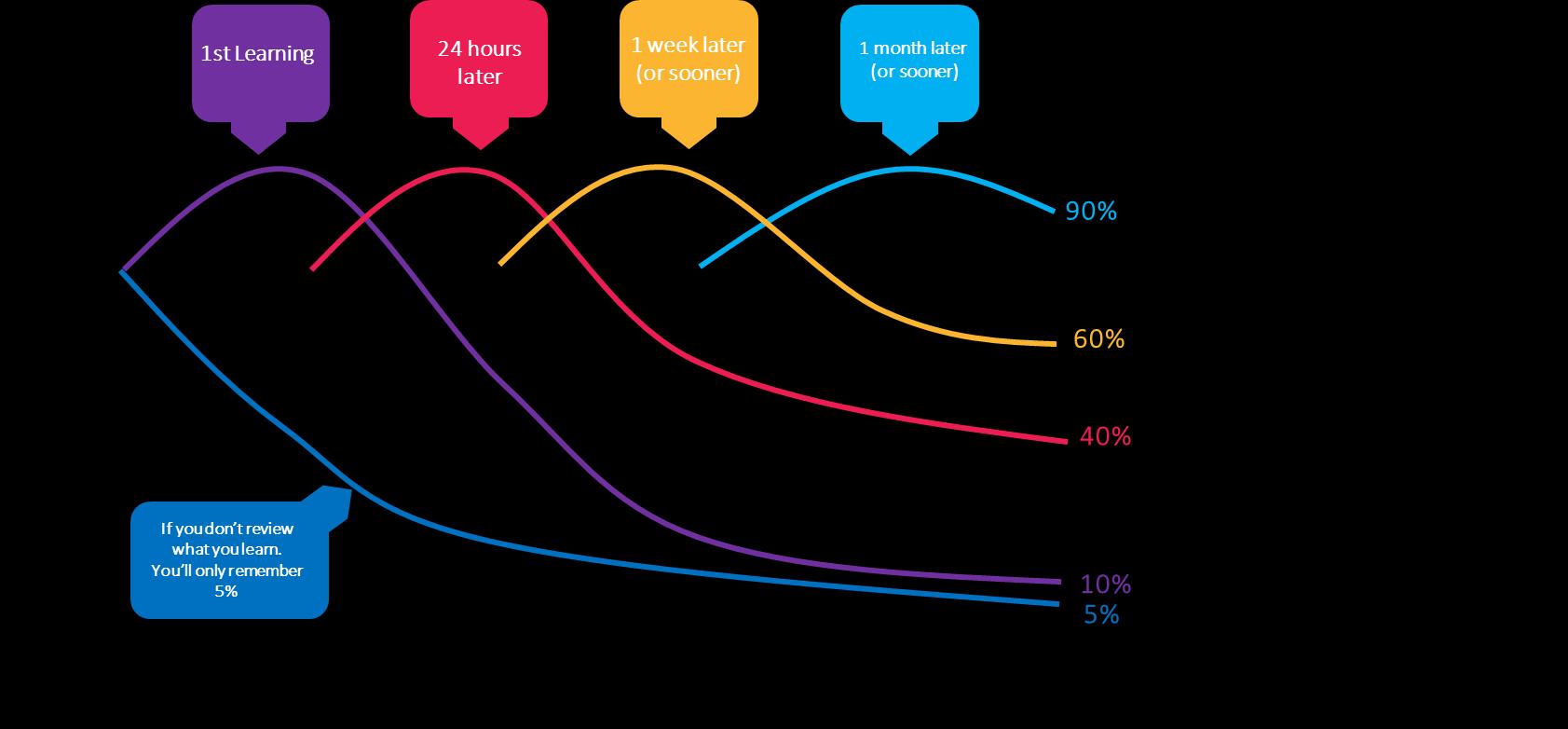


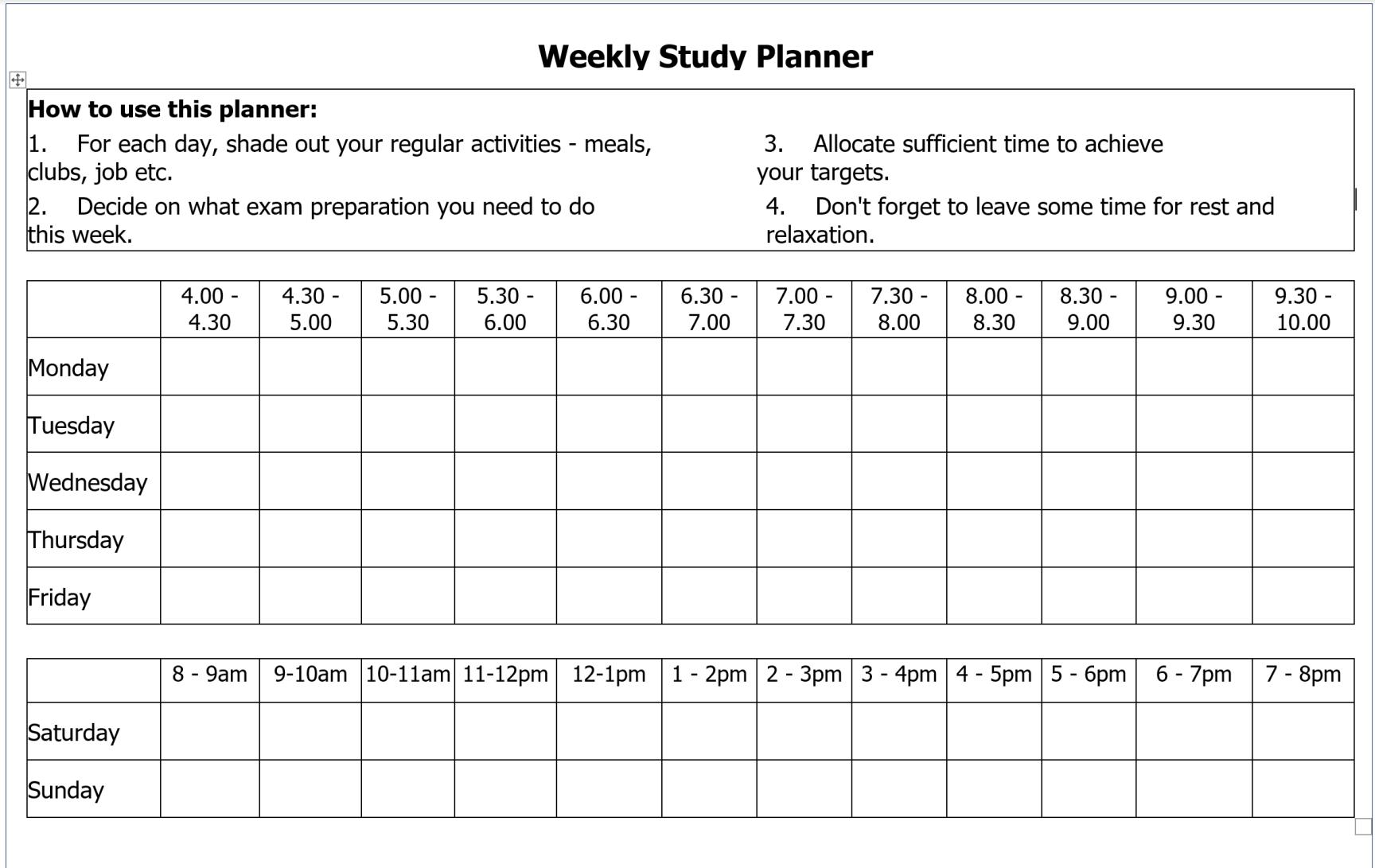

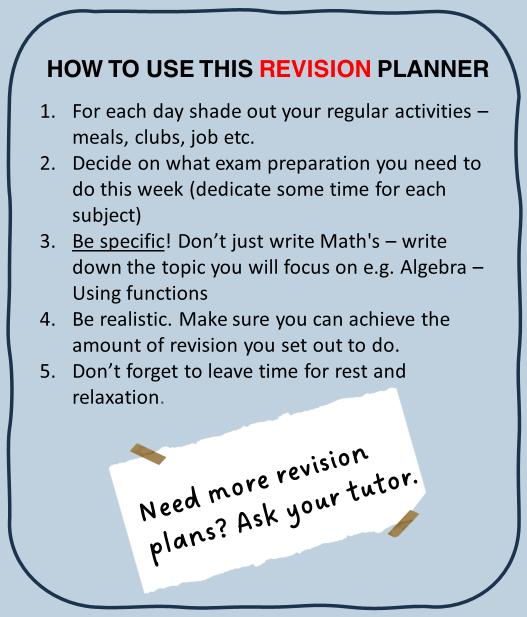
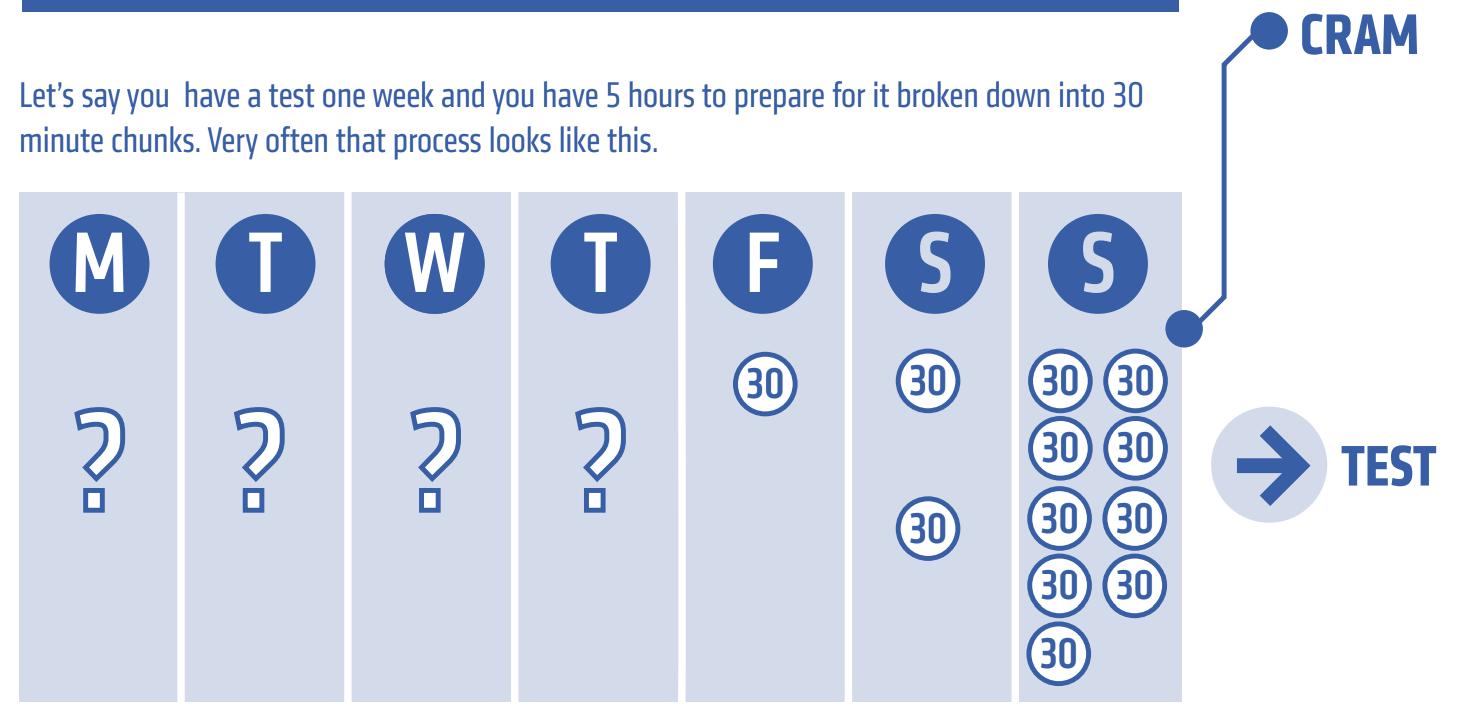


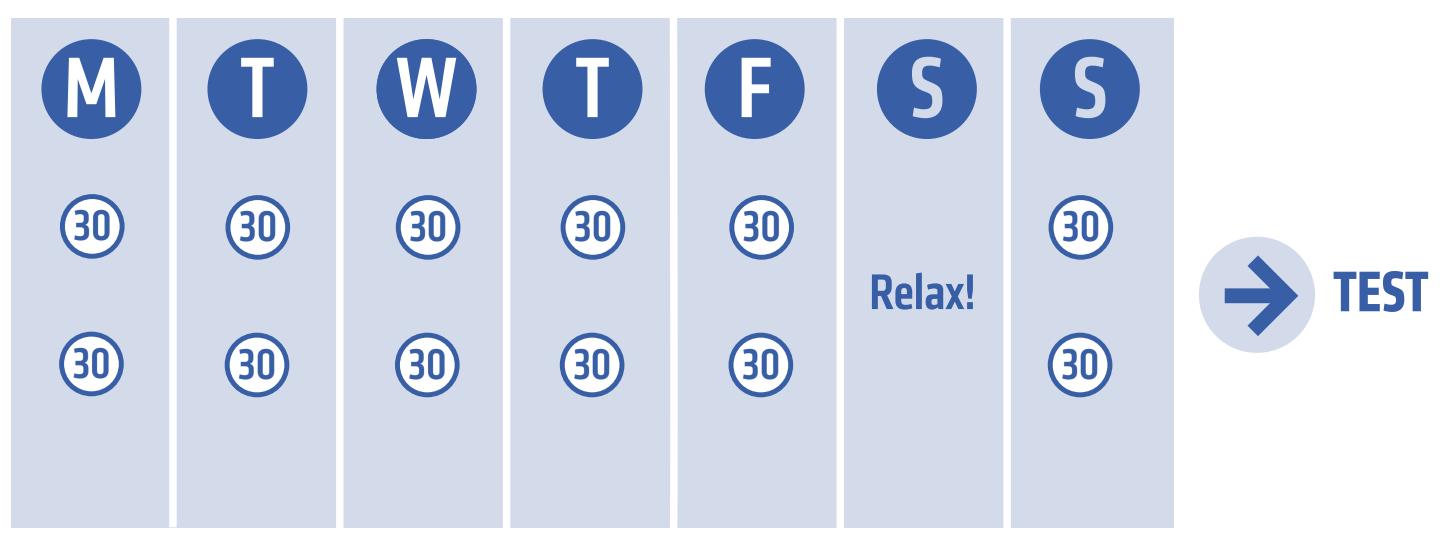

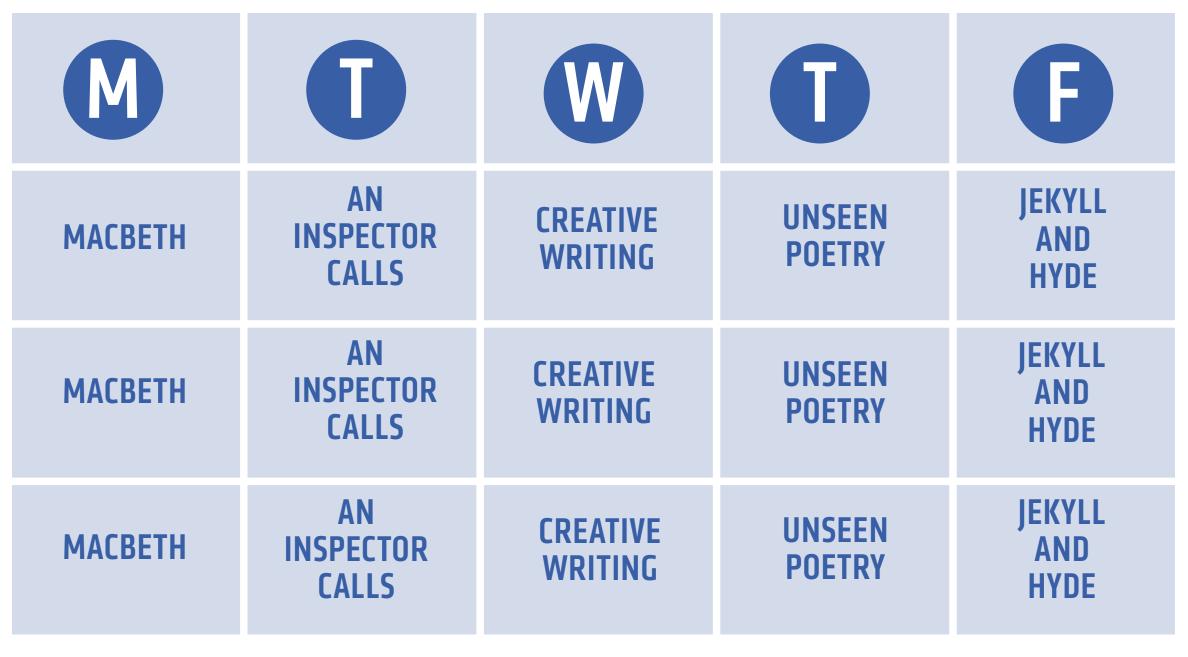
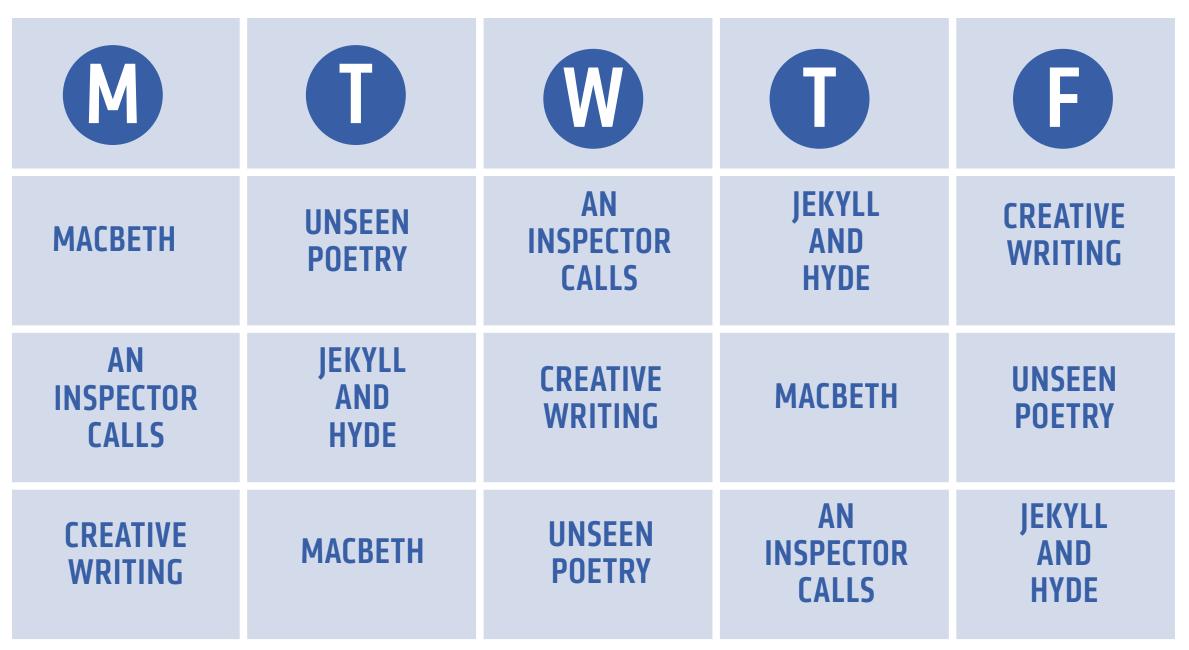


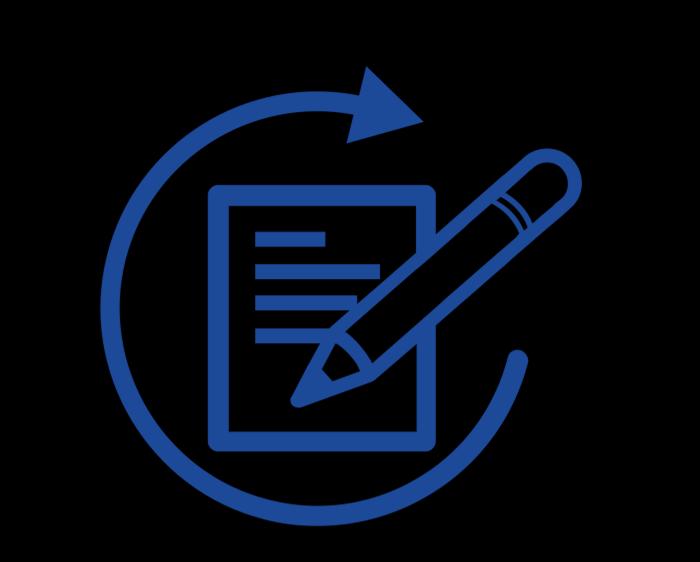
“ Memory is the residue of thought “















Retrievalpracticemeanstryingtoremember materialyouhavelearnedasopposedtorereadingit. Twooftheleasteffectivewaysof studyingarereadingoverstuffand highlightingit, whicharealsotwoofthemost commonthingspupilsdowhenrevising.
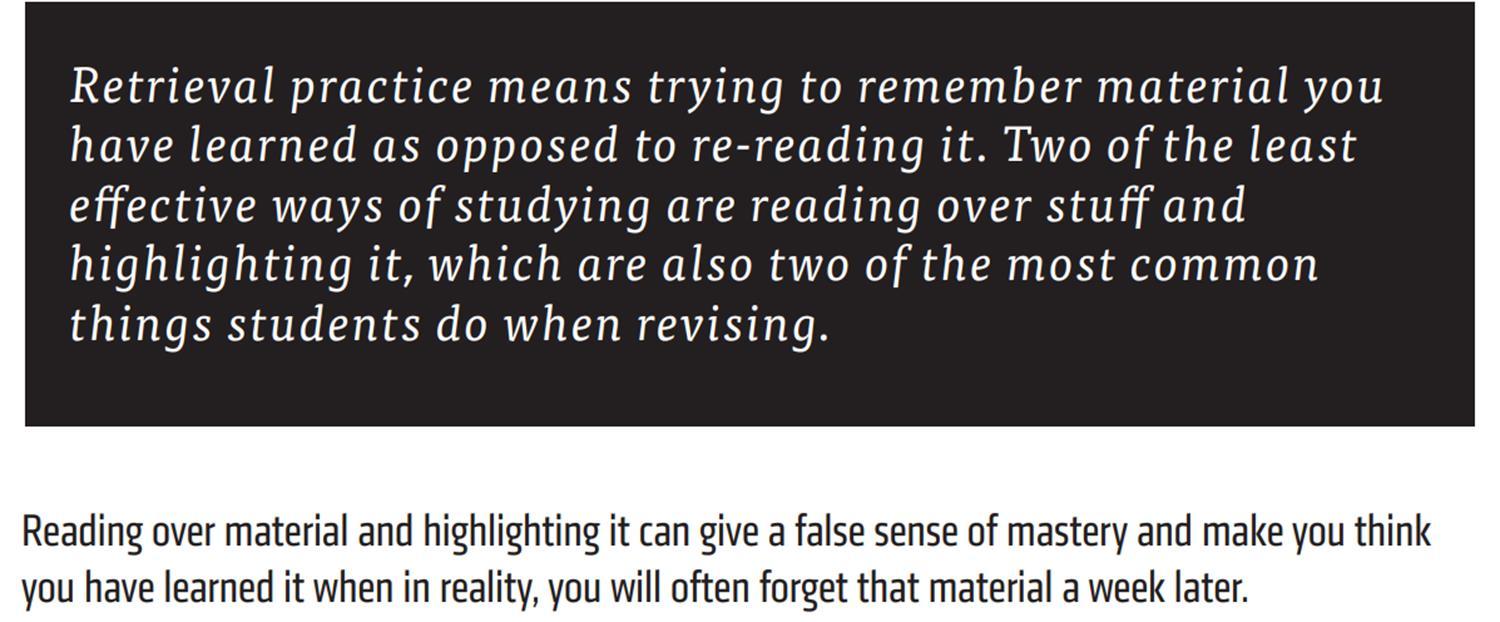
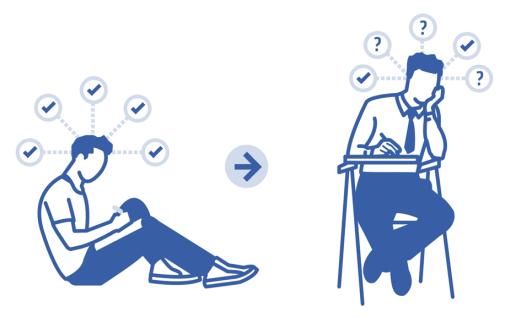

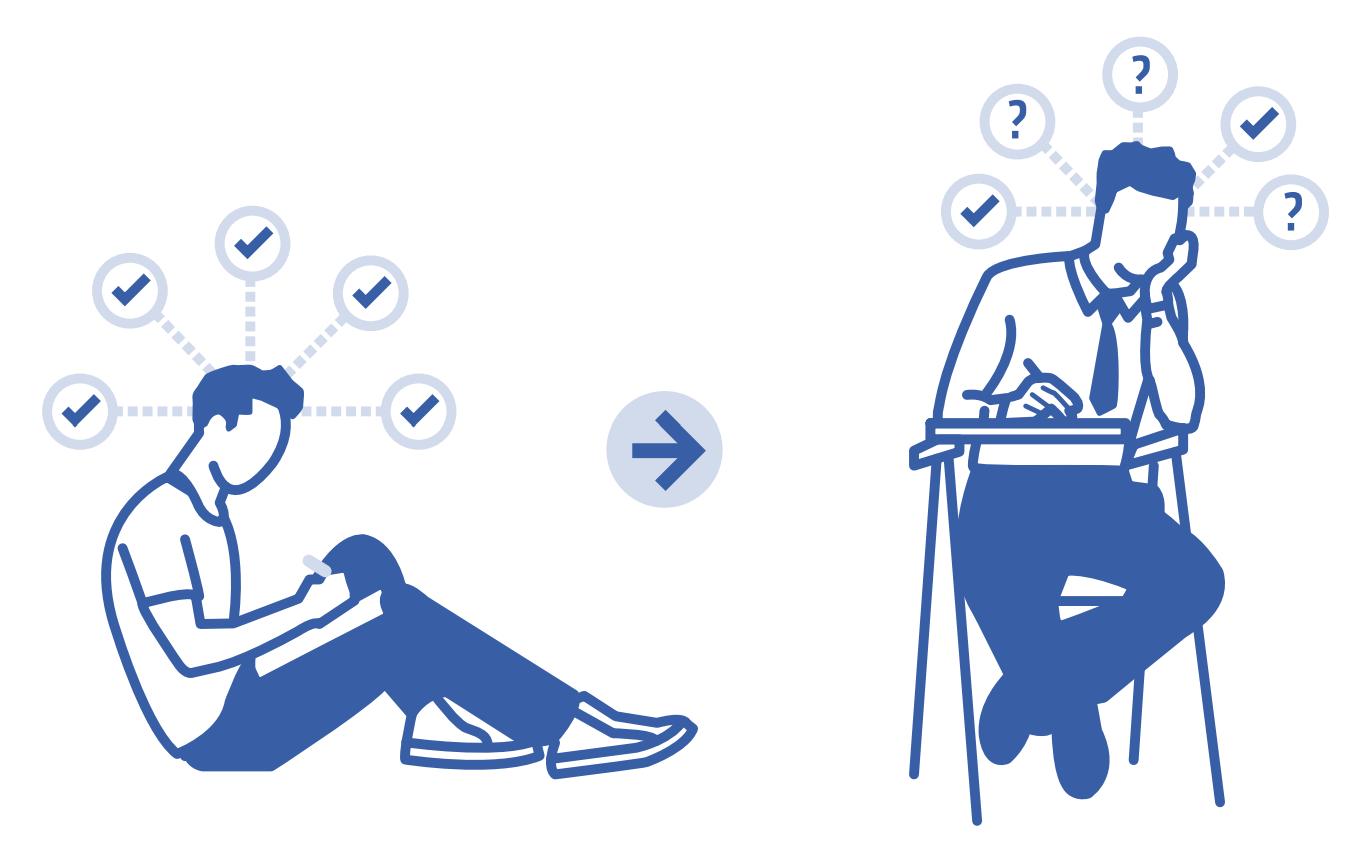

A far more effective technique is to put everything away and test yourself on what you remember from a particular unit or chapter. By regularly making yourself try to retrieve it from memory, you will build a far stronger memory of it in the long term

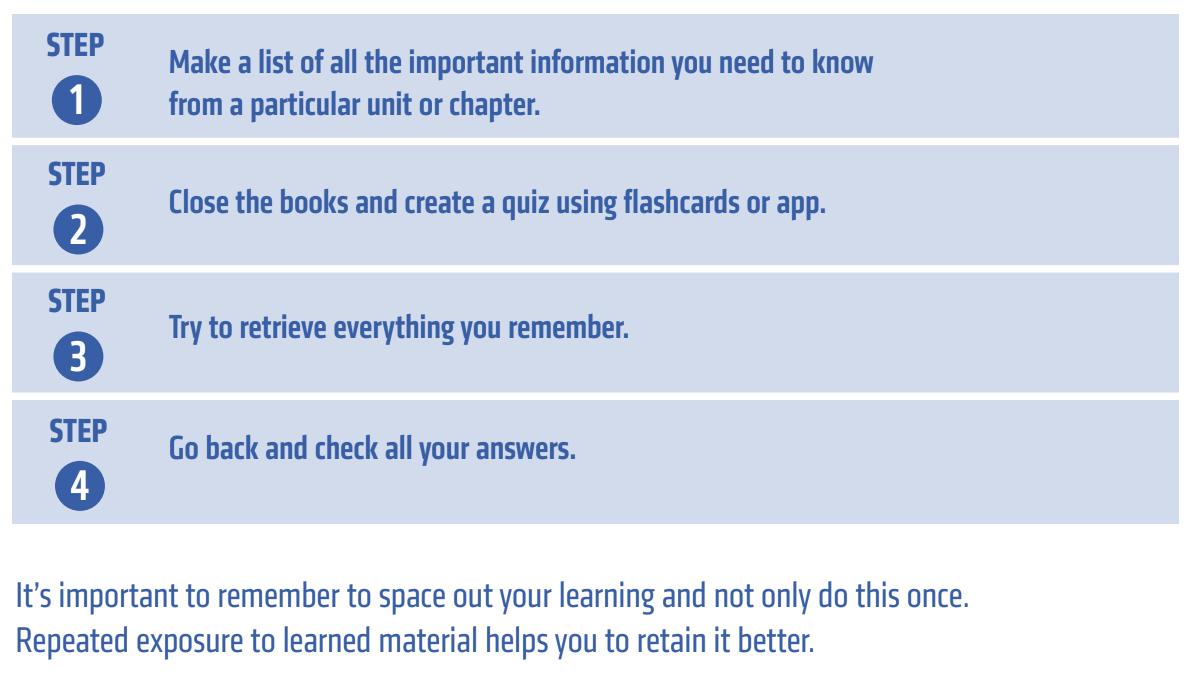


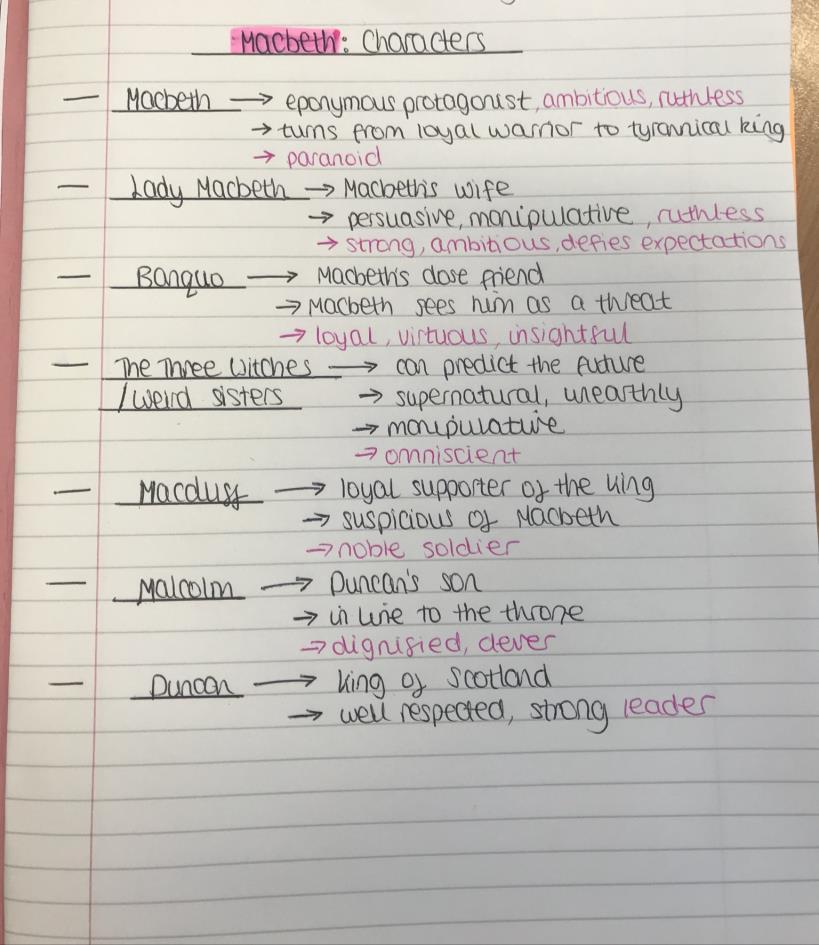

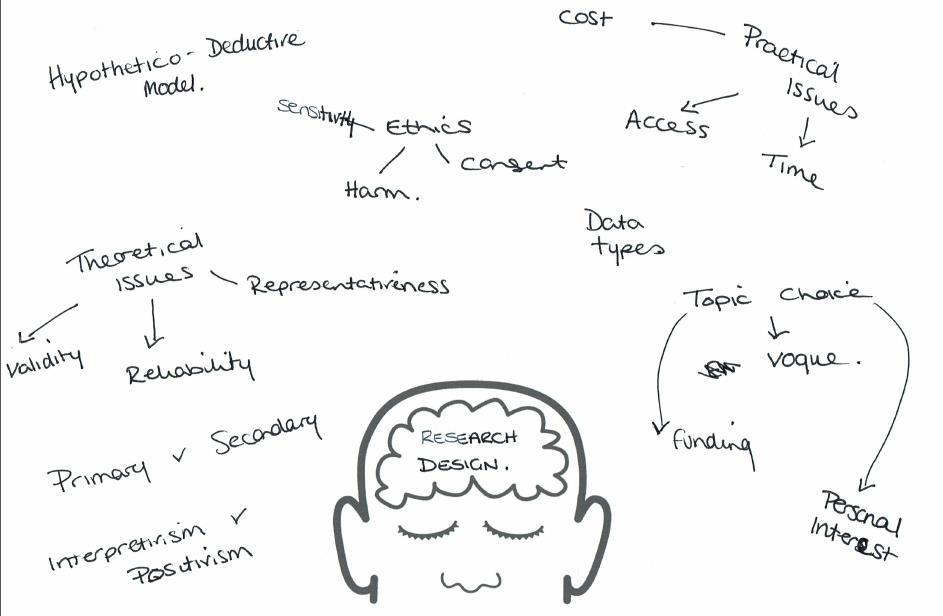



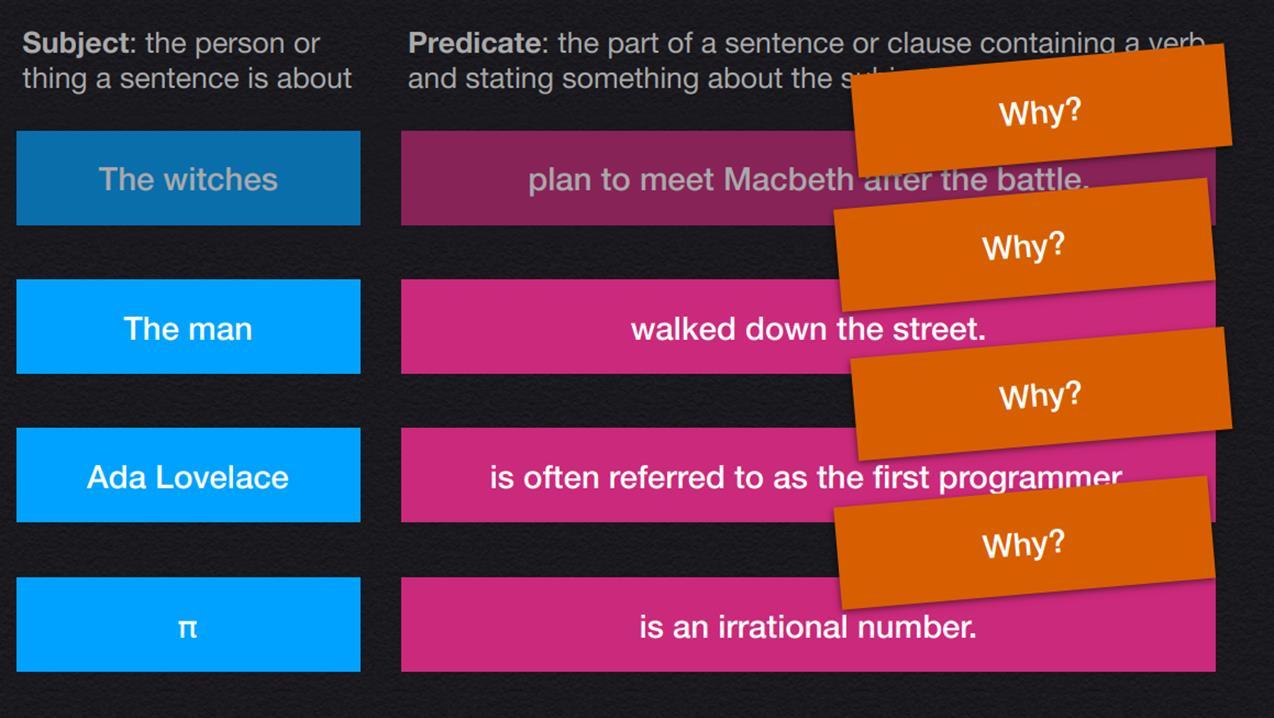

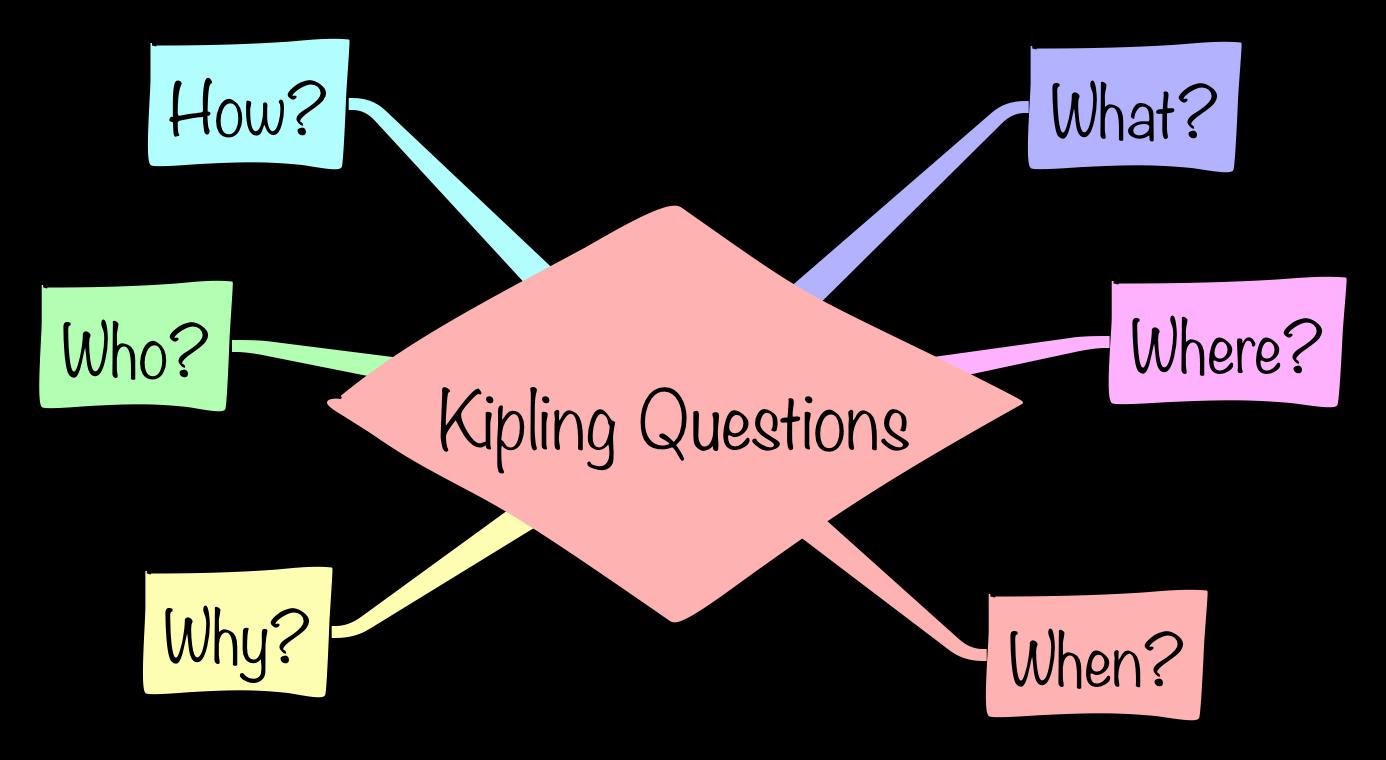

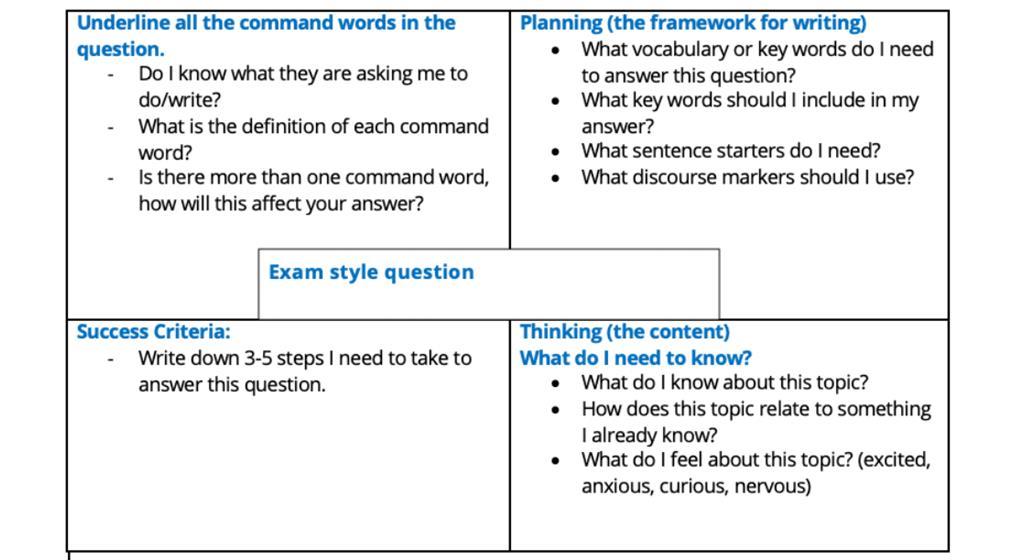
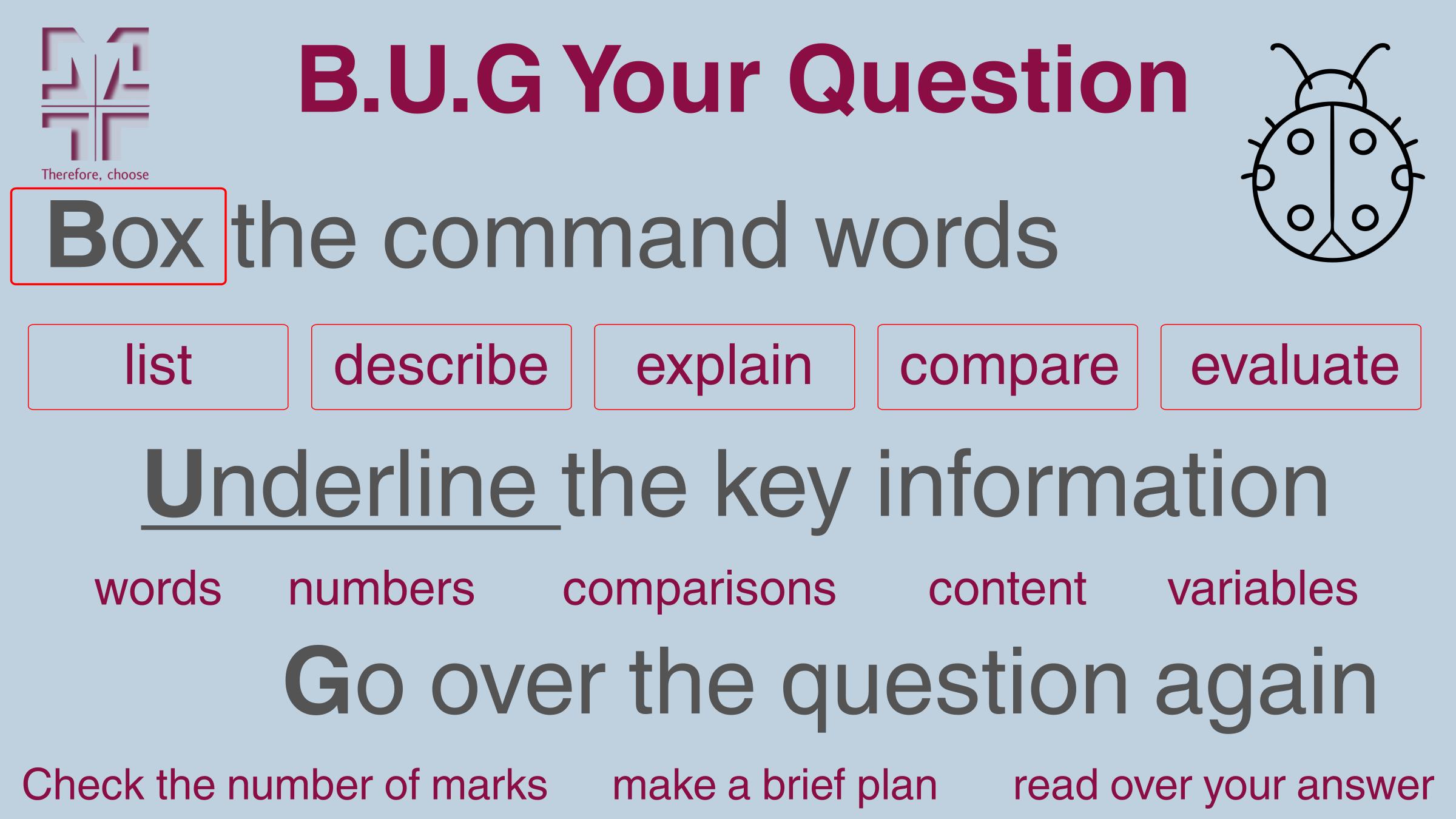

Are phones away?

Is music off?
What is the physical space like?
Any other distractions? Has revision started early to improve wellbeing later on?
Have they made a revision timetable? Is revision spaced out and topics interleaved?
Is revision retrieving information rather than cramming it in?
Are they testing themselves?
Are they revising the right things in the right ways?

Can they transform the knowledge into a different format?
Can they apply it to different situations such as exam style questions
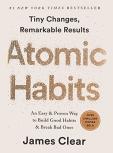
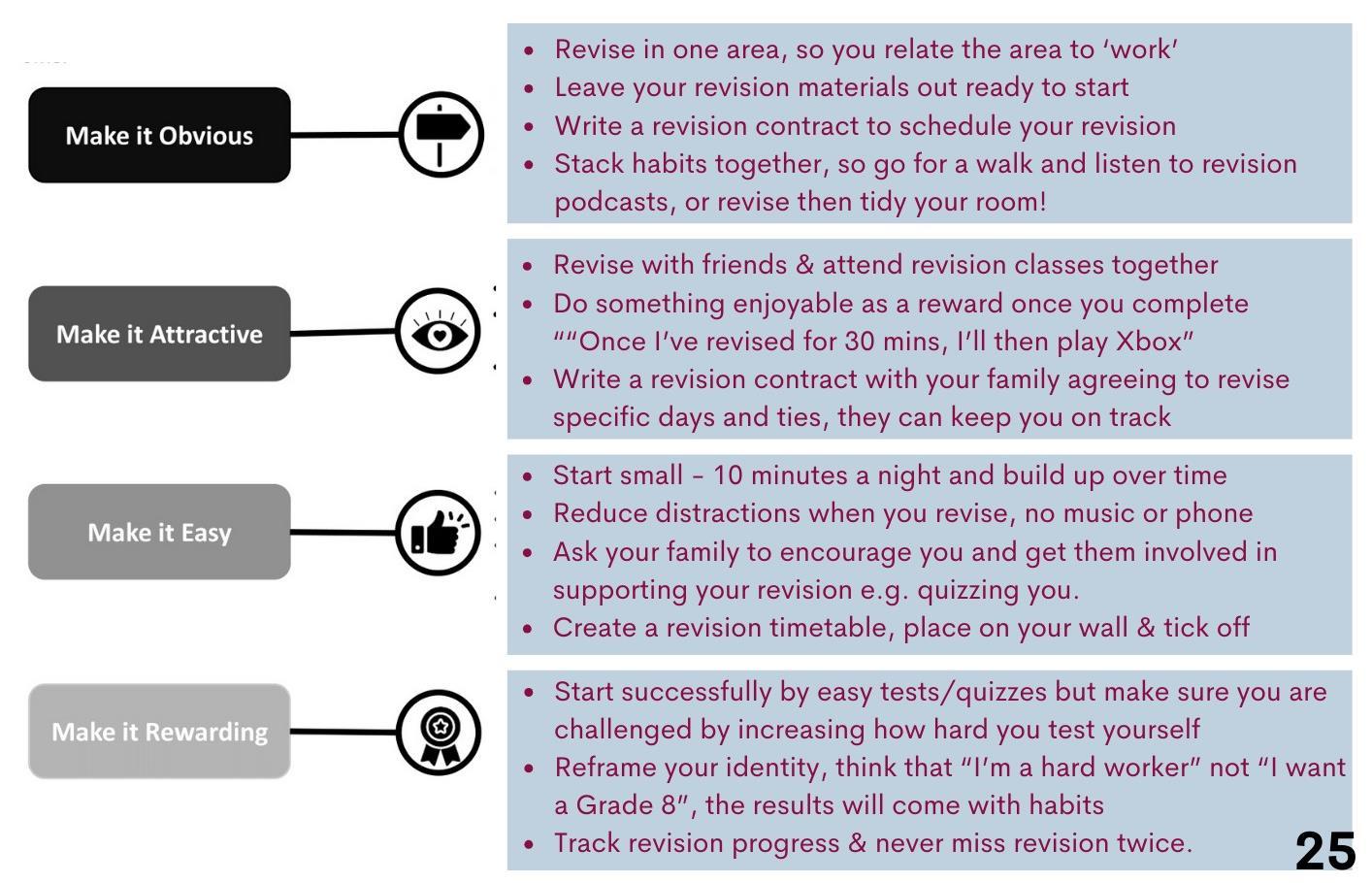



Welcome and Overview
Mrs R Rongong (Headteacher)

Effective English Revision
Mrs M Magdi (Curriculum Leader for English)
Using Technology for Revision
Miss L O’Malley (Leader in Learning)
Effective Revision Strategies
Mr K Tierney (Deputy Headteacher)
Working in Partnership
Mrs R Rackstraw (Year 11 Pupil Manager)


▪ School encourages good attendance and during Year 11 this is crucial ▪ 2 days absence is 16 lessons missed (11hoursoflearning)
The following table is based on Y11 last year…

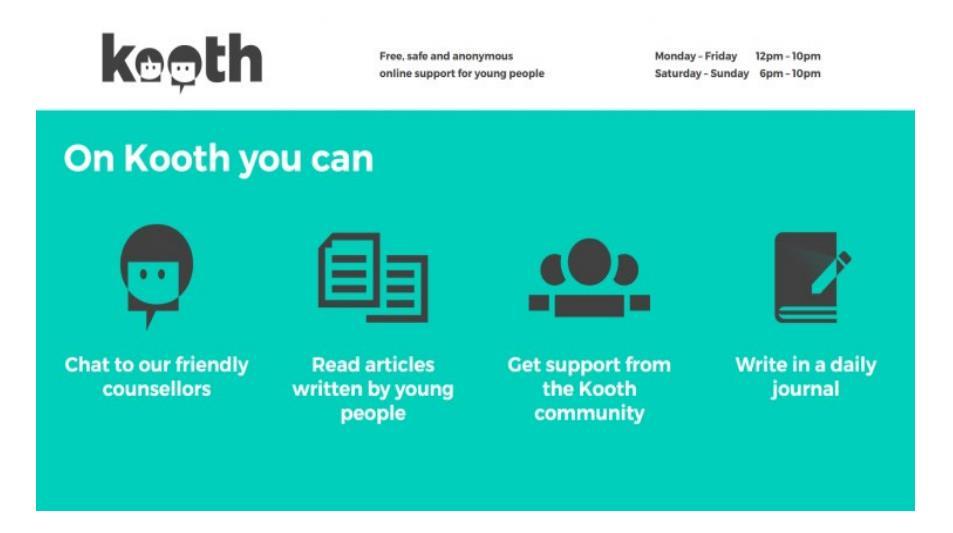



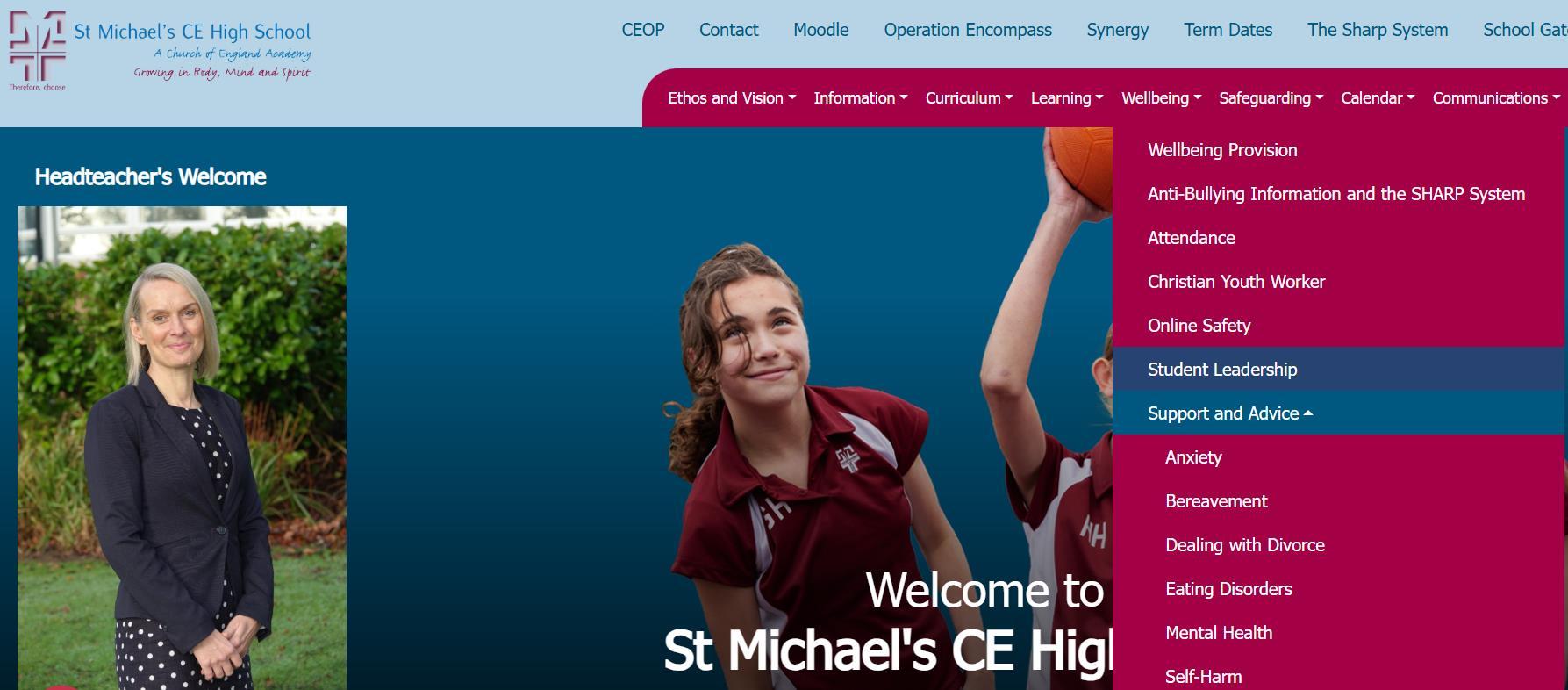
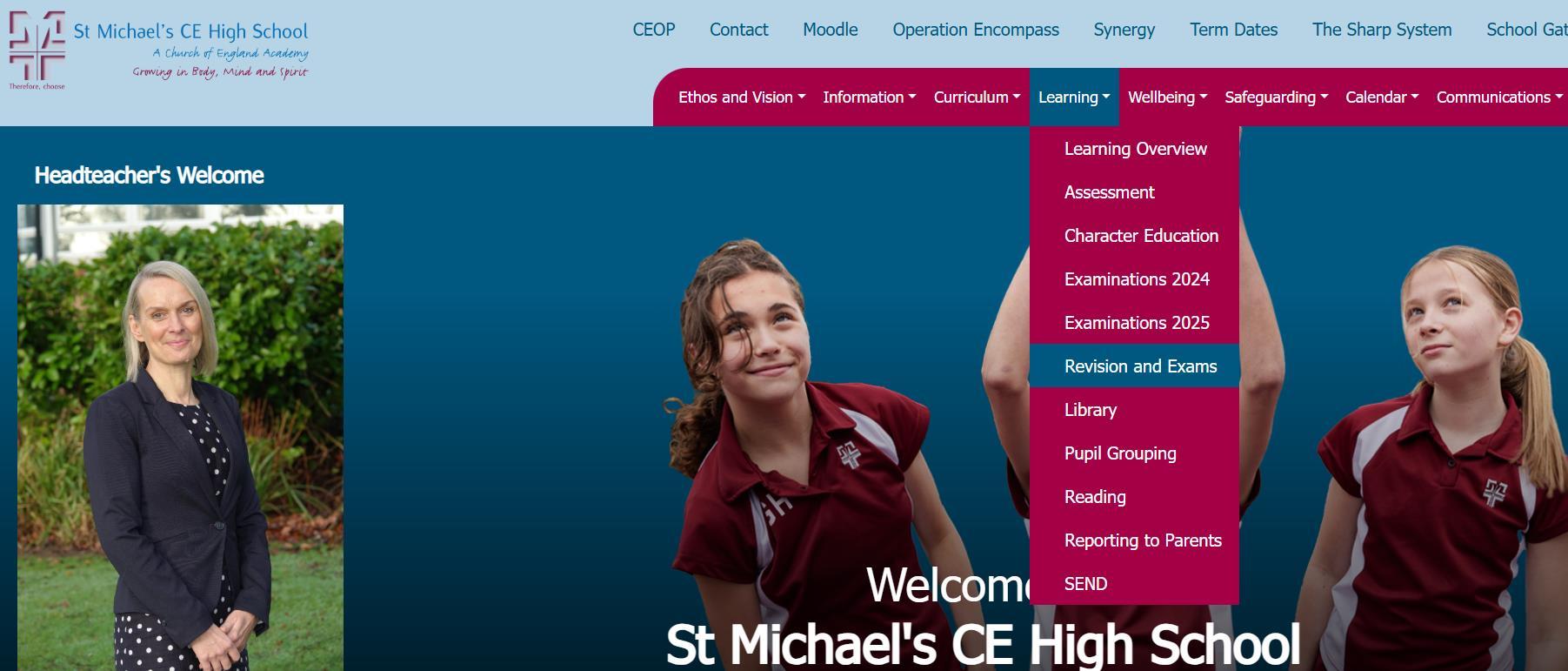

1. When are we leaving?
2. Can I go on holiday?
3. Are we having a Leavers’ Service?
4. Are we having a Prom?
5. When is results day?
When are we leaving?

Can I go on holiday?
Are we having a Leavers’ Service?
27th June
From 26 June (Exam Contingency Days – 25 June & 11th June)
23rd May
Are we having a Prom? 3rd July
When is results day? 21st August



